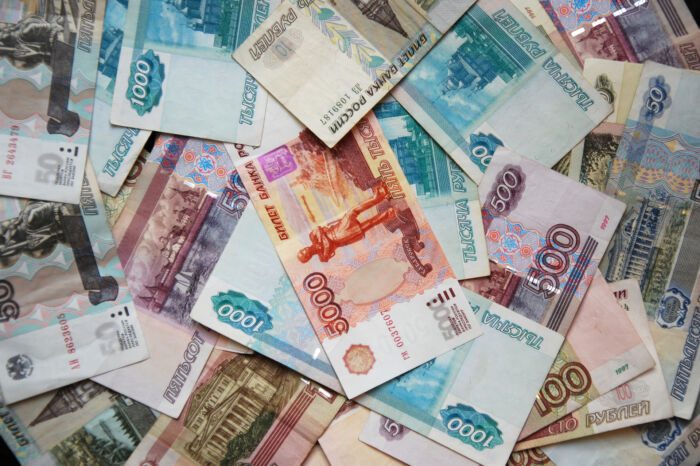Russian Economy Minister Maxim Reshetnikov said Russia is likely to be in deflation in June. Consumers are saving and since they are not spending, demand for products is now very low. The country should also increase imports, the problem now is the ruble is too strong. This could lead to a reduction or suspension of production in companies.
“If the ruble remains at current levels in the coming months, companies will have to cut production,”
In response, Finance Minister Anton Siluanov said Russia could start buying currencies of friendly countries again to reduce upward pressure on the ruble. He said that Russia’s economy has already seen signs of a deflationary spiral, with the economy having excessive foreign currency reserves, and it is the ruble exchange rate that will be crucial going forward.
The ruble is the strongest since May 2015
After the Russian invasion of Ukraine, things looked bad for the ruble. Against the dollar, it weakened from 75 rubles per dollar to 150 rubles per dollar at that time. However, after that, Russia started to take drastic steps to strengthen its currency, such as having to pay for its export commodities in rubles and so on. Thus, gradually the ruble exchange rate went up to just above 50 rubles per dollar, marking the strongest ruble against the dollar since May 2015.
But the exchange rate does not reflect real supply and demand in the economy, as Russia has imposed restrictions on capital movements as part of another measure. This means that Russians cannot, for example, freely withdraw savings in foreign currencies.
Read also: Australia is experiencing an energy crisis
Inflation fell from 17.8% to 17.1% in May, which Russia described as positive, and since the view in May was that the economy was doing surprisingly well, they decided to cut the interest rate. So it looks like Russia has the opposite problems as the rest of the world, which is mostly plagued by rising inflation and having to raise interest rates.
Russia is doing everything it can to mitigate the impact of the sanctions imposed on it by Western countries for the February invasion of Ukraine. In particular, the financial sector is experiencing problems, for example, Russia has not been able to properly deliver interest payments to foreign investors on two Eurobond issues. This week, Russia defaulted on its foreign debts for the first time since the Bolshevik revolution more than 100 years ago and found itself insolvent.












Comments
Post has no comment yet.